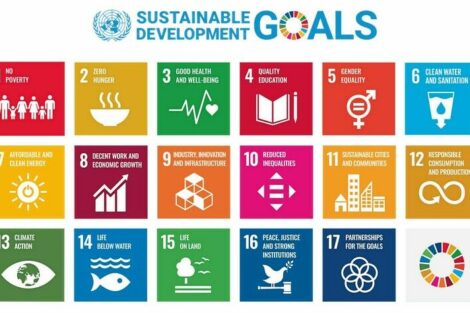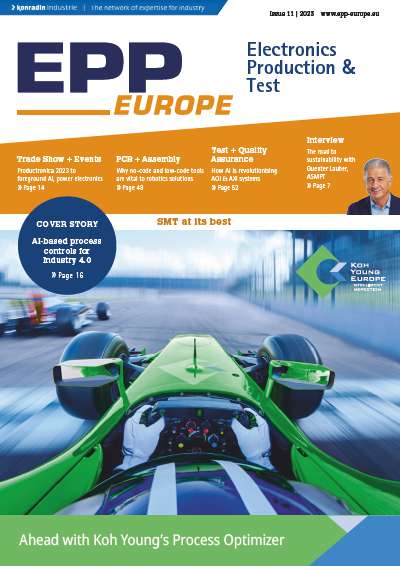The transition to Pb-free must be completed in European industry by mid-2006, according to the directive RoHS (Reduction of Hazardous Substances). And a year before, the EU countries have to install a reclamation system based on the WEEE (Waste of Electrical and Electronic Equipment) ruling. There are many kinds of debris generated from electronics operations such as toxic fumes/pollutants, solder dross, scrap, contaminated wipes and fluids. Some have recycling value, and others are simply disposed of as hazardous waste.
A thoughtful look at paste, oven technology and temperature profiling is needed. The focus in the transition to lead-free lies of course on reliability, costs and compatibility. There is no direct drop-in replacement available. Most of the lead-free solders melt at higher temperatures (+40K compared to tin-lead). There are potentially hundreds of Pb-free alloys, but the most popular is SAC (tin-silver-copper, SnAgCu), for use in common electronic products. And it has become synonymous for Pb-free solder.
For solderability and wetting, SAC alloys do not always show entire coverage of pads. And for reflow-temperature profiling, we have to take into account that besides traditional SMDs there is an accelerated use of advanced packages. With their different mass, they have impact on preheat, soak time, peak temperature and the temperature variance (delta t) across an assembly. This value should be kept as small as possible for an acceptable process window. And against all struggles for zero-defect production and statistical process control, on every shop floor rework of assemblies is a common exercise. Also, it is indispensable that these process steps fully comply with those in the Pb-free production lines.
Components are a big concern, since many are still not rated for the higher process temperatures. Now a report commissioned by the British Department of Trade and Industry (provided by consulting firm ERA Technology) requests an unmistakable definition of the phrase “homogeneous material” in the RoHS directive. Currently, just three interpretations of homogeneous material are optional: assemblies (modules, PCBAs), components, or the raw material. The vague situation sustains the uncertainty that a component labeled as compliant could still contain tin-lead (creating reliability issues). Also other materials, such as the highly toxic hexavalent chromium, are only applied in very thin layers, so the amount would not need to be reduced in some devices. The definition of homogeneous material has to be settled now for the implementation of RoHS in every country’s law, which was to be completed by mid-August.
All these single steps help to deal with about 5 % of the worldwide lead consumption. The global players with their huge resources are already prepared, but the small and middle-sized manufacturers still work hard selecting the appropriate materials for the transition. For the sake of the environment and in order to save our global resources, we have to do everything within our power to achieve this goal. We all know that only sound environmental efforts will allow us to maintain this earth as our life-support system. Let the implementation of WEEE and RoHS be a valuable footstep in this direction.
Share:










